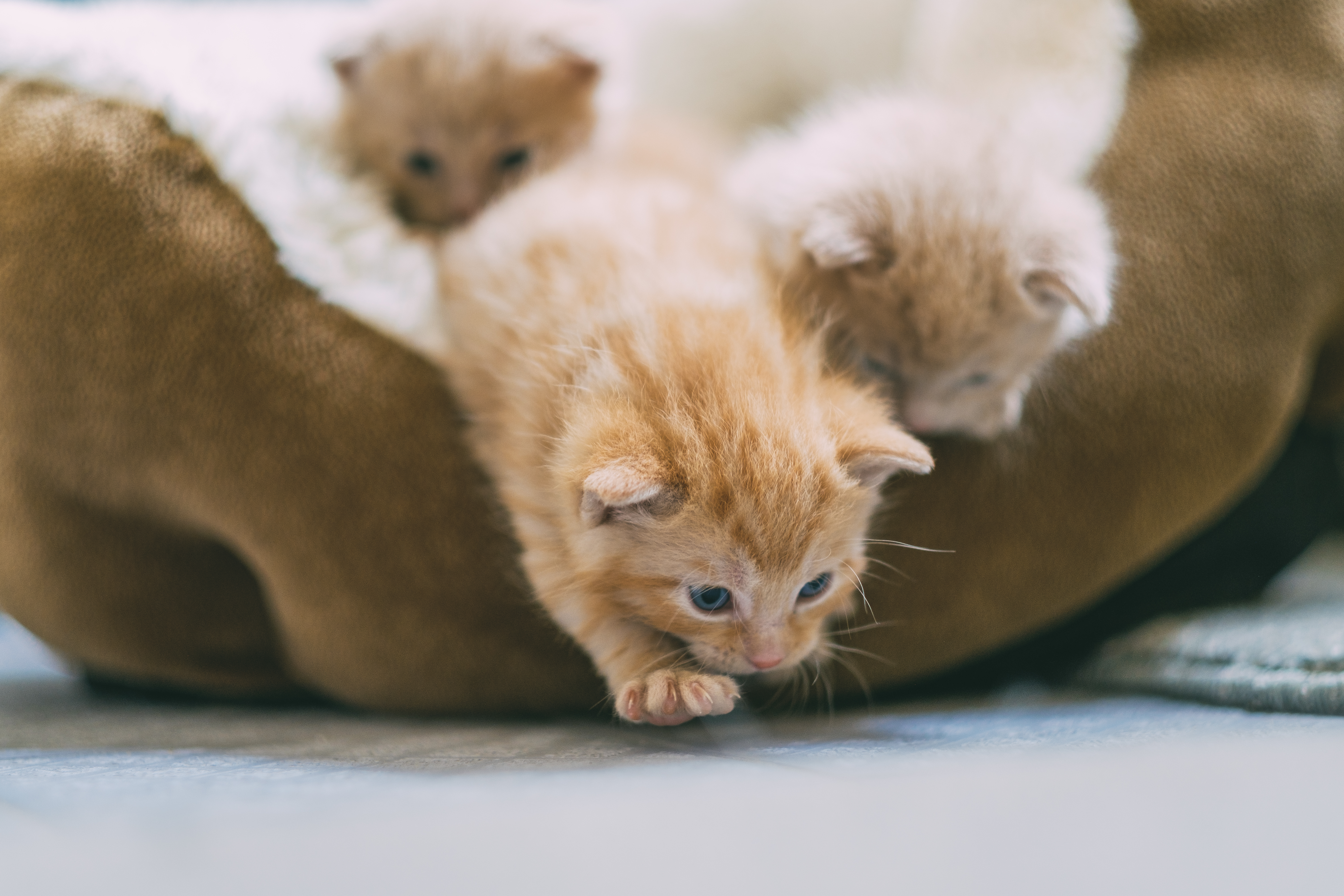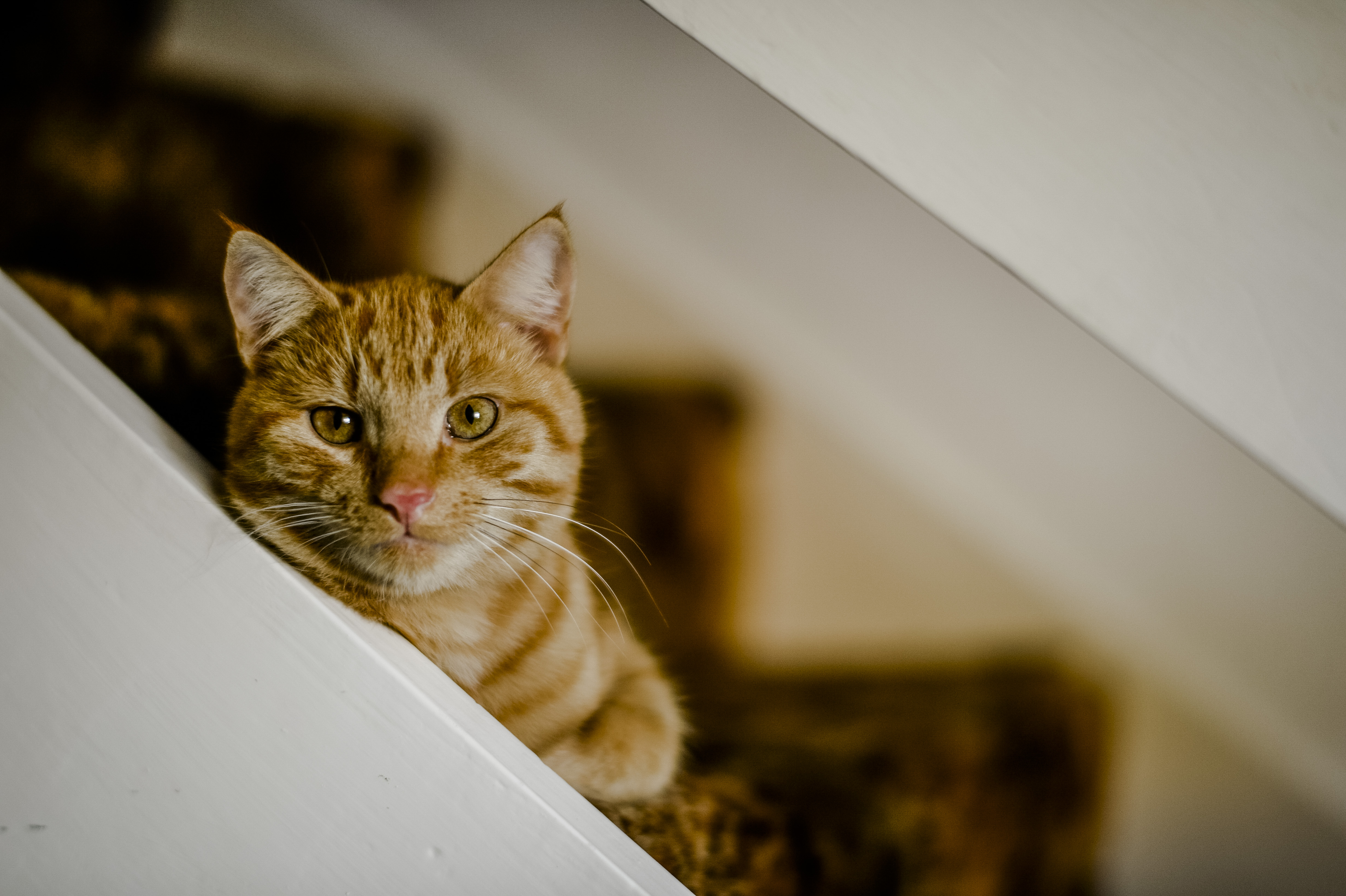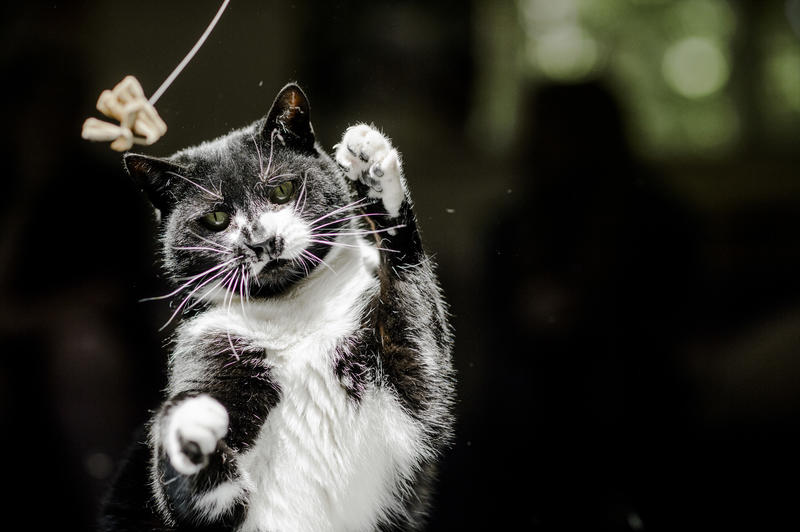
How long do cats live?
- Domestic cats can live for up to 20 years
- Factors such as diet, healthcare and environment can have an impact
- Neutered cats tend to live longer
- Cats have six key life stages which can help to understand certain health/behavioural problems
Understanding your cat can take time. Cats have a complex set of behaviours that can leave even the most experienced cat owner baffled.
However, the one question that can be answered with some certainty is how long on average a cat can live.
Average cat lifespan
Cats may not really have nine lives, but factors such as diet, healthcare and environment can have an impact on how long a cat can live. Neutered cats tend to live longer because neutering prevents reproductive diseases and neutered cats are less likely to roam.
While dependent on many things, including luck, some domestic cats can live to up to 20 years old. During their life they will go through six key life stages which may help owners understand certain health/behavioural problems that could arise and things to keep an eye on.
Life stages
Kitten (up to six months)
This is the best stage to introduce your cat to lots of new things such as other pets, household noises, being brushed and handled, as well as familiarising them with children.
You’ll see them go through their most rapid growth spurt during this time. This is also a good time to neuter your pet to stop unwanted litters.
Junior (six months – two years)
Your cat will reach full size during this period of time and will have reached sexual maturity.
It is important to play appropriately with your pet as this will teach them how to play nicely with people. This means ensuring not to play rough and tumble games with your cat; instead, use toys to engage with them.
Playing with your hands can encourage biting and scratching, which may seem cute when they’re a kitten, but remember that they soon grow up and the bites and scratches will get harder.
Prime (three – six years)
As the name of this phase suggests, your cat will be at its prime in life during these years. While they are young and healthy it’s still important to ensure that your cat remains up to date on their vaccinations and health checks to help prevent any diseases or illnesses.
Mature (seven – 10 years)
At this age your cat will be the human equivalent of someone in their mid-forties to mid-fifties.
This means that you may notice your pet starting to slow down and they are more likely to put on some weight. It’s important to carefully monitor their food consumption so that they are having the right amount for their level of activity. If you are unsure as to whether your cat is overweight or unsure on how to cut back on meal times, please speak to your vet.
Senior (11 – 14 years)
This sees your cat reach the human age of 70 years old which means that they may start needing more mental stimulation to keep them happy.
Enriching your cat’s environment should be done throughout their lives, and should be continued into their senior years, especially as cats tend to relax a lot more at this age. Food puzzles are a great way to keep your cat entertained and, if they are slightly overweight, it can keep them busy and active while trying to get their food!
Geriatric (15 years and older)
Some cats can reach this age with no signs of slowing down (lucky for some!) but for others, they may start to live life in the slow lane, happily snoozing the day away on their favourite pillow.
Geriatric cats will need to be monitored more closely for any changes in their behaviour; this can include things like vocalisation and frequency of going to the toilet. If you notice anything out of the ordinary then it’s best to book an appointment with your vet.


Donate today
We rely on donations to provide accurate, expert pet advice. If you found this page useful, help us by donating.

Donate today
We rely on donations to provide accurate, expert pet advice. If you found this page useful, help us by donating.






